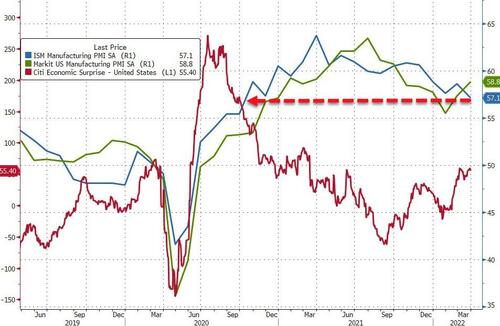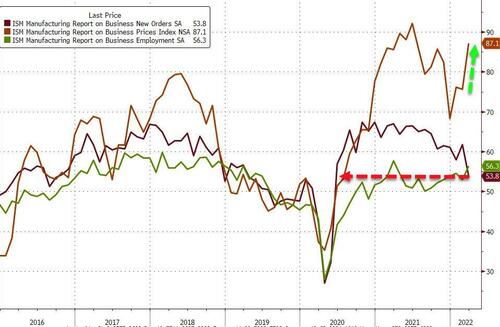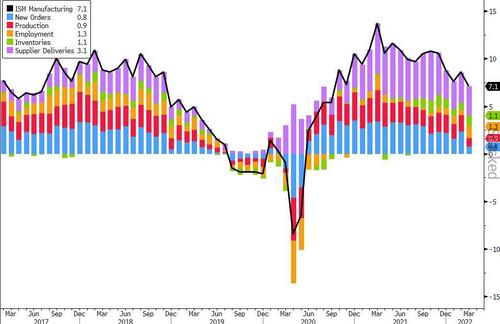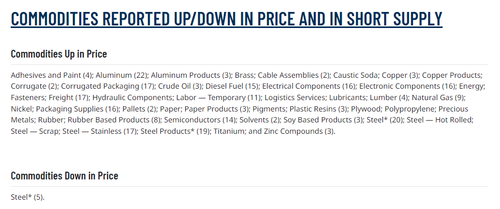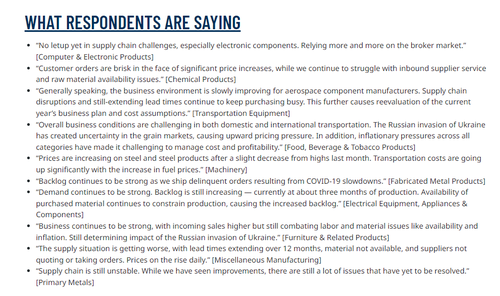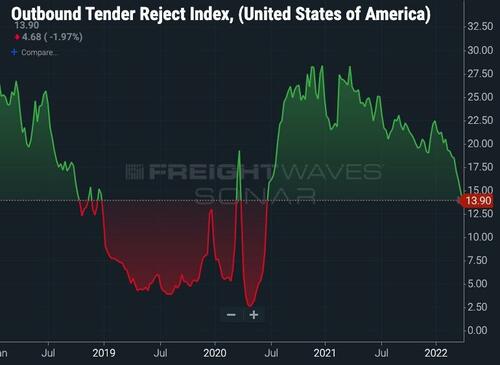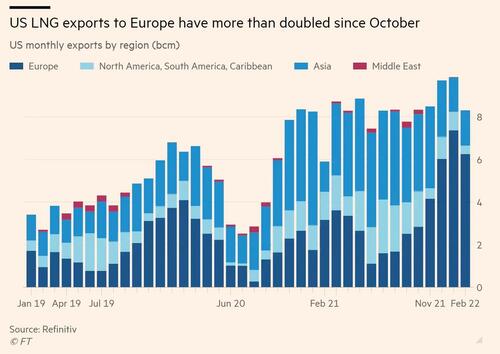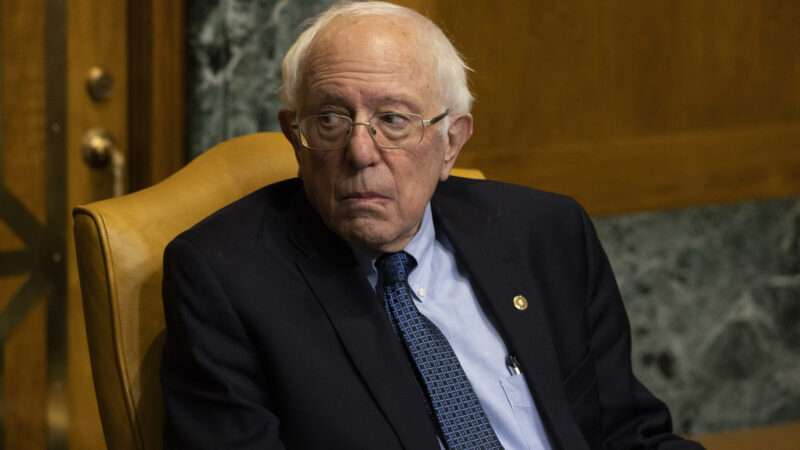
“Anyone who thinks we do not have an oligarchy right here in America is sorely mistaken,” ranted Sen. Bernie Sanders (I–Vt.) in a speech to Congress. “Today in America, multi-billionaires like Elon Musk, Jeff Bezos, Richard Branson are off taking joyrides on their rocket ships to outer space. They are buying $500 million superyachts.”
“The yachts that [Russian President Vladimir] Putin’s friends have? Well guess what, they have them too, here in this country. [These people are] living in mansions with 25 bathrooms,” continued Sanders.
“The president has proposed a 20 percent minimum tax on those who are worth at least $100 million dollars,” said Sanders, referring to President Joe Biden’s “Billionaire Minimum Income Tax,” proposed this week, which the administration has tried to delicately portray as mere prepayment of future capital gains owed, instead of a wealth tax similar to those proposed by Sanders and Sen. Elizabeth Warren (D–Mass.). “We should go further, though,” he finished.
Sanders’ point is a bad one. We do not have oligarchs in the U.S. the way countries like Russia do. Our millionaires and billionaires are prevented from pulling political puppet strings both by custom and by campaign finance laws which cap their financial contributions to some degree and require disclosures. Though companies do sometimes successfully lobby for government contracts and subsidies—Musk’s hypocrisy has been widely documented on this front—we don’t have widespread, unchecked corporatism where the government always serves to further companies’ bottom lines, or where companies become exempt from government scrutiny for having curried favor with the right people. And free marketeers tend to believe that the existing patchwork of subsidies and handouts ought to be stopped since they serve as market distortions, artificially propping up companies that wouldn’t succeed or be competitive on their own merits.
If Sanders’ point is not merely that wealthy people exercise undue influence on the political process (as oligarch implies) but rather that wealth accumulation always and everywhere ought to be prevented, as he insinuates when he mentions their superyachts, that’s an even weaker critique. People accumulate extreme wealth in this country most often through inventing a product or founding a company that millions or billions of people end up valuing highly. Consider Jeff Bezos, worth $177 billion, per 2021 numbers; Elon Musk, $151 billion; Bill Gates, $124 billion; Mark Zuckerberg, $97 billion; Warren Buffett, $96 billion; Larry Ellison, $93 billion; Larry Page, $91.5 billion; Sergey Brin, $89 billion. More often than not, that process is iterative, with tons of failures before striking gold. When a company is successful, those who were involved in its founding often scatter, taking their earnings and intellect and founding new companies, starting the whole iterative process over again.
In the popular imagination, these shadowy oligarch figures inherited their money or received it through ill-gotten means. But the data don’t bear this out. Financial planning firm Ramsey Solutions’ 2021 millionaire study found that 79 percent of the 10,000 U.S. millionaires surveyed did not receive any inheritance from their families. Of those who did receive inheritances, who are in the top 1 percent, Federal Reserve data show those inheritances were to the tune of $719,000 on average. More than half of America’s billion-dollar countries have at least one immigrant founder who came to the U.S. as a kid. Extreme wealth, by and large, isn’t generated by investing inherited money, but by starting companies that bring value to millions of customers.
As American Enterprise Institute fellow James Pethokoukis pointed out on his blog Faster, Please! many of today’s products and companies we now take for granted may not have even come to exist had a wealth tax been in place. “Would SpaceX and Tesla—combined value of an estimated $1.2 trillion—exist in a world of sharply higher investment taxes and a fat new levy on wealth?” he asks. Pethokoukis thinks not, citing numbers run by Steven Kaplan, an economist at the University of Chicago.
“When PayPal was bought by eBay in 2002, Musk, the largest shareholder, walked away with $250 million before taxes, leaving him with $180 million after taxes,” writes Pethokoukis. “What did Musk do with that cash? Well, he didn’t buy some monstrous Bel-Air mansion or pricey Picasso painting. Instead, he started SpaceX in 2002, putting in $100 million, and Tesla in 2003, putting in $80 million.”
The ’08 financial crisis almost brought Tesla crashing down, and disastrous Falcon 1 launches around that same time almost left SpaceX in pieces. “That historic fourth flight on September 28, 2008 made the Falcon 1 the first privately built liquid-fueled booster to reach orbit,” writes Pethokoukis. “It saved the company. But would that launch have happened if Musk had left PayPal with $60 million less? Would Tesla have muddled into 2009 and beyond? Kaplan doesn’t think so.”
Nor does Musk, in fact.
Good point. SpaceX & Tesla would probably have died, since both narrowly escaped bankruptcy in 2008.
— Elon Musk (@elonmusk) March 30, 2022
Central planners like Biden and Sanders don’t appreciate how fragile many of today’s biggest and boldest companies—SpaceX, Tesla, and Amazon—once were. Serial entrepreneurs, who exit one venture and quickly invest their earnings in another, are oftentimes wealthy enough at exit that they would be hit with wealth taxes if the Biden plan or any of its evil twins become law. But two things must be kept in mind: Their wealth is rarely liquid, and that money often gets quickly invested into other ventures that we would lose out on if it had been taxed away.
If Biden is comfortable with those unseen losses and considers the stifling of tomorrow’s innovation to be a price worth paying for wealth seizure today, he should proceed with his plan. Forgive the rest of us for having some trepidation.
The post Bernie Sanders Is Wrong About the American 'Oligarchs' appeared first on Reason.com.
from Latest https://ift.tt/skE4bCl
via IFTTT



